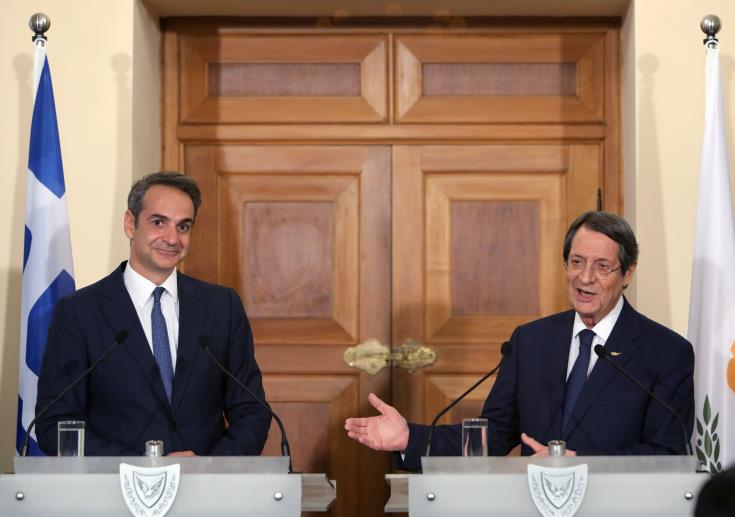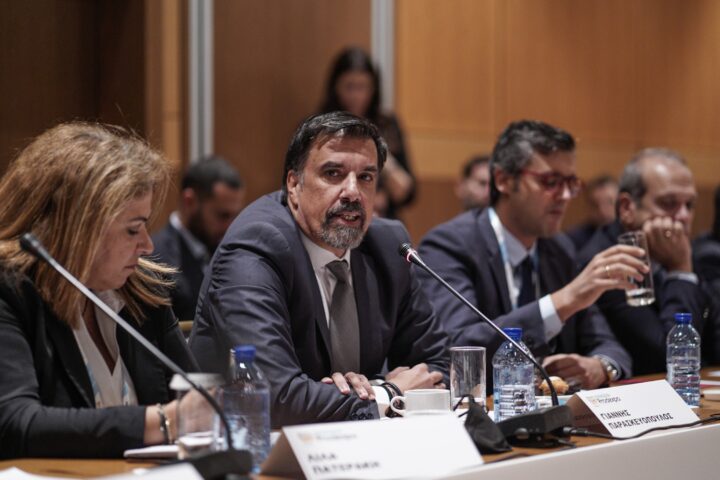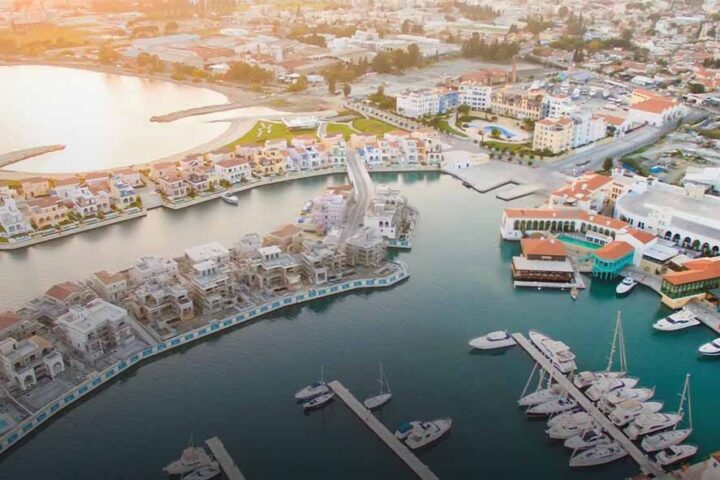Cyprus President Nicos Anastasiades will be in Athens, on January 2 to sign the intergovernmental agreement with Greece and Israel to build the 1,900 km EastMed gas pipeline.
The signing ceremony will take place in the Greek capital, in the presence of President Anastasiades, Israeli Premier Benjamin Netanyahu and Greek Premier Kyriakos Mitsotakis.
A deal will be finalised with the signing of the agreement by Italy at a later stage.
The pipeline will run across the Mediterranean from Israel’s Levantine Basin offshore gas reserves to the Greek island of Crete, the Greek mainland, and then to Italy.
In May, Italian Prime Minister Giuseppe Conte had expressed opposition to the Poseidon project, which is the last section of the pipeline that would connect Greece with Italy.
Cyprus, Greece and Israel already signed an agreement on the 1,900-kilometer pipeline earlier this year in the presence of U.S. Secretary of State Mike Pompeo.
The EastMed pipeline is expected to meet about 10% of the EU’s natural gas needs, decreasing energy dependence on Russia.
The EU has contributed to the cost of technical studies for the project.
The three signatory countries are opposed to Turkey’s recent deal with the UN-recognised Libyan government delineating “maritime borders” between them.
Turkey and Libya are geographically far from each other, with Greece and Egypt stuck in the middle.
The deal is seen as Turkey’s way to pressure for a share in the maritime resources of the eastern Mediterranean, even if this means encroaching into other countries’ space.
Turkey says there can be energy moves in the region involving other countries without it being consulted first.
On a Cyprus stopover on Sunday, Greek Foreign Minister Nikos Dendias was asked if the EastMed deal was a response to Turkey’s deal with Libya.
“What we’re doing is not in reaction to anything,” he said.
“It’s an effort to improve the quality of life of our countries’ citizens, to improve our economies and to offer solutions.
“EastMed is a great boost for the energy stability of the EU. Our initiatives are not aimed against anyone; instead, they are positive steps and we invite everyone who agrees with them to join.”
Cypriot Foreign Minister Nikos Christodoulides, however, said there is a need to counter Turkey’s recent actions.
“We have common goals and approaches and I believe that the proper framework is being created to counter the actions of some who wish to create conditions of instability in the eastern Mediterranean by violating international law,” Christodoulides said.
“All countries which perceive international law as the natural state of things are welcome to take part in our common initiatives,” Dendias added.










